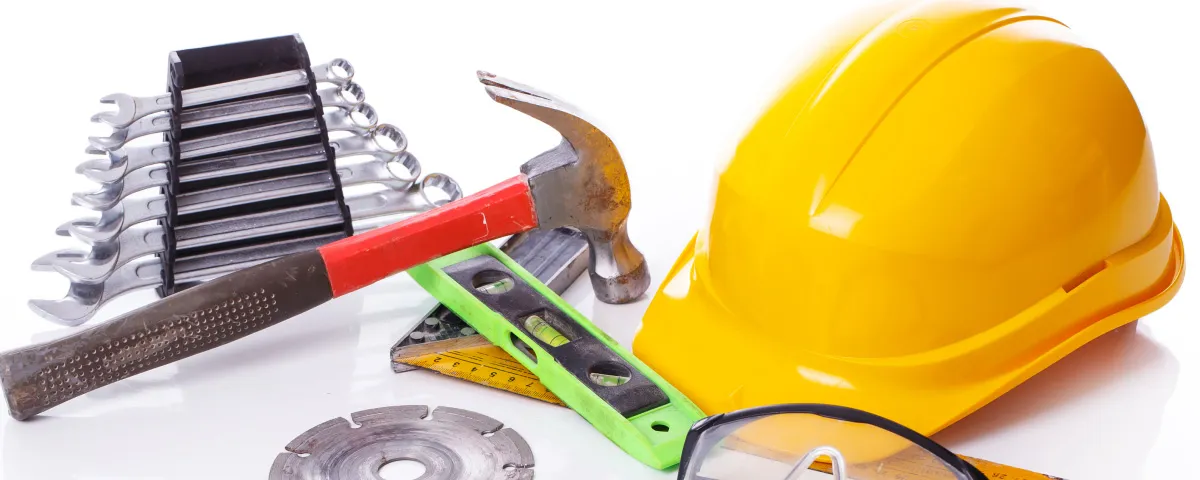If you’re a tradie tackling commercial jobs, you’ve likely been stung by an inadequate Scope of Work (SoW) or a Bill of Quantities (BoQ). Maybe you underquoted because the specs were as clear as mud, got stuck with hidden costs, or had a client rewrite the rules mid-job. This guide will show you how to read these documents like a professional, avoid common traps and help you keep your hard-earned in your pocket.


Let’s clear this up fast. Think of a Scope of Work (SoW) as your job roadmap—it spells out what needs doing, how it should be done, and who’s responsible. A Bill of Quantities (BoQ), on the other hand, is your financial calculator—it lists exactly how much stuff you need (materials, labour hours) and what it’ll cost.

It’s all about numbers: A BoQ breaks down every screw, hour of labour, and cubic metre of concrete. Quantity surveyors use this to make sure everyone’s bidding on the same specs.


It’s about the “how”: The SoW tells you to “install fire-rated doors compliant with AS 1905.1” or “wire the office floor to AS/NZS 3000.” No details? You’re flying blind.
A Scope of Work is your job’s rulebook. (It can also be know as a Statement of Work) It’s the document that stops clients from saying, “But I thought you were doing the plastering too!” after you’ve quoted for painting. Get it right, and you’ll avoid those midnight “how the hell did this happen?!” calls.



Is it a CBD high-rise with no parking, or a warehouse in woop woop? One sparky I know lost two days because his ute couldn’t fit the site’s underground dock.

If they want it done in a week, factor in triple-time weekend rates.

Can you start at 6 AM or need a security escort? I’ve seen blokes sit in their ute for hours waiting for site access.

Materials: If it says “install taps,” ask: “Is that a $300 Methven or a $50 Trademate special?” Don’t let the builder “assume” you’ll supply the fancy stuff.
Exclusions: Look for lines like “Builder to dispose of waste” or “Client handles asbestos checks.” If it’s not there, guess who’s doing it for free?
Variations: A good SoW says, “Extra work over 10% needs written approval.” No variation clause? You’re a free ATM for client add-ons.

Itemised costs: The BoQ lists everything—down to the last nail. Spot a line like “50m² floor tiles”? If you’ve only priced for 40m², you’re already losing $1K.

Unit rates: Check if the BoQ’s rates match reality. If it says “$50/hr labour” but you charge $75, you’re either renegotiating or eating the loss.

Provisional sums: These are placeholder costs (e.g., “$5K for electrical work”). If the real cost hits $8K, you’d better have that variation clause!

Lump sums: “$20K for plumbing” with no breakdown? That’s a trap. Demand itemised lists.

Missing wastage: If the BoQ says “100m of pipes” but doesn’t add 10% for cuts, you’re buying the extras.

Vague specs: “High-quality paint” could mean Taubmans or a dodgy eBay batch. Specify brands!
Grab a highlighter and mark up:
A mate in Brisbane adds 30% to every quote as a “commercial job tax.” He reckons it’s saved him $200K in five years.
Verbal agreements are worth less than a used glove. If the client says, “Just use cheaper timber,” reply with: “Confirming switch to pine at $XX/m. Total savings: $X.” BCC your personal email—site managers “forget” fast when costs blow out.
If you need help quoting, contact us and we can guide you.


Fixed-price contracts with vague scopes (you’ll be funding their upgrades).

Clients who refuse soil tests or asbestos checks (they know something you don’t).

Builders who say, “We’ll sort the permits later” (spoiler: you’ll cop the fine).
A commercial painter in Sydney walked from a $50K job when the SoW mentioned “possible lead paint” but no testing budget. Smart move—the next tradie got slapped with a $15K cleanup bill.

Security of Payment Act: In NSW, send a payment claim and they must pay within 20 days. No more “accounting’s processing it” excuses.
Contract Works Insurance: Covers your tools and materials if the site gets trashed. Cheaper than replacing $30K worth of stolen gear.
Public Liability: Under $20M coverage? Good luck getting past the site gate.
Learn more at https://app.specialisedtradies.com.au/login

What goes in it?
Every email, text, phone call and conversation.
Signed variations (no signature = no pay).
Time-stamped photos of deliveries and finished work.
A commercial plumber in Melbourne used his BACKUP file to claw back $92K. The client claimed he’d “never agreed” to extra pipework—until the plumber produced texts and dated photos.

Never start without a signed SoW.
Assume every client will try to shaft you (plan for it).
Track deadlines in a spreadsheet—no fancy apps needed.
Commercial work prints money—if you’ve got the guts to demand clarity.
If you are looking to expand your business, join us now at https://specialisedtradies.com.au/tradie
Happy quoting!